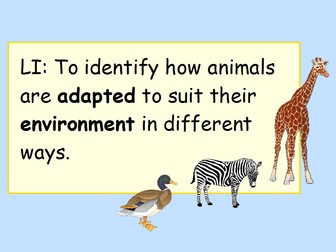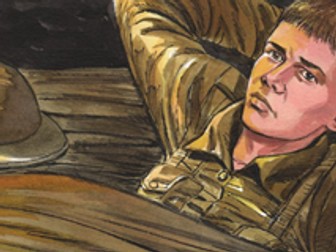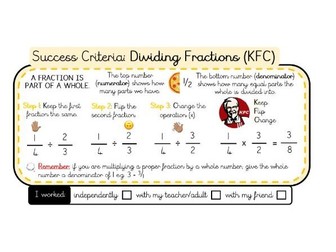GCSE Business Studies Market Segmentation Presentation and Worksheet
<p>GCSE Business Studies Market Segmentation Presentation and Worksheet OCR Syallabus.<br />
Presenation, market segmentation worksheet and exam style questions for extension task.</p>


